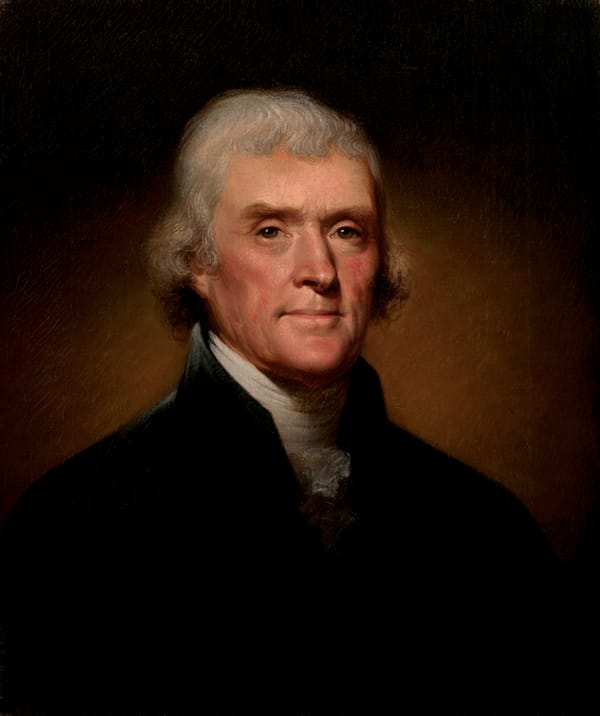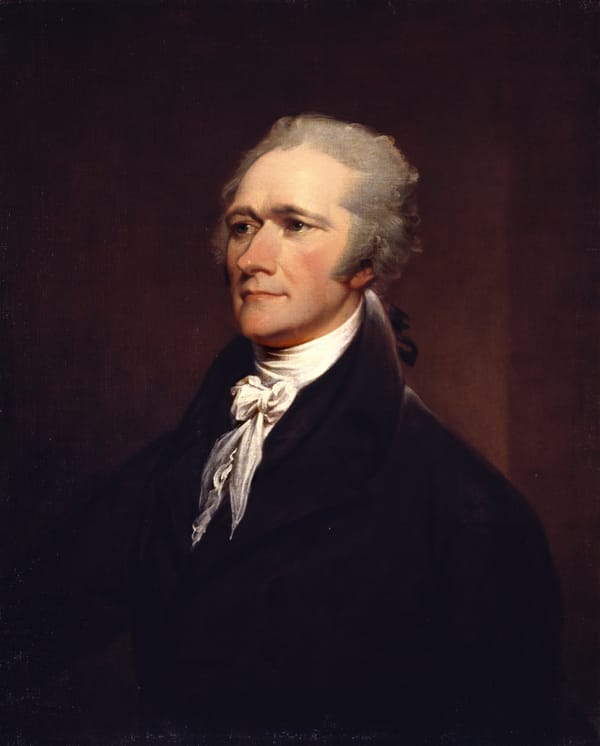On Social Media Regulation and the First Amendment
Last week, New York Governor Kathy Hochul signed a piece of legislation restricting the use of "addictive feeds" by social media companies. This set off a ritualistic bit of Discourse about how these kinds of social media regulations interact with the First Amendment. I happen to have written a law review article about the First Amendment that proposes a somewhat unconventional approach to free speech law in general, and I think it's an approach that can help us sort through these issues about social media.
The basic thesis of my article is that the traditional paradigm of First Amendment law has collapsed in recent decades, and the result has been chaos. The traditional approach, typically associated with Chaplinsky v. New Hampshire (1942), holds that only a subset of expressive activity actually deserves constitutional protection. So-called "low-value" speech, classically including categories like libel, profanity, obscenity, fighting words, etc., is not protected. Within the zone of "high-value" speech, however, the First Amendment's protection is... if not absolute, at least very strong.
This approach is unattractive for a variety of reasons. Perhaps most essentially, it doesn't seem very consistent with constitutional protection of free speech to have the government declaring some speech to be of low value. And basically ever since Chaplinsky was decided, the "low-value speech" paradigm has been gradually eroded, as more and more of those previously scorned categories are granted a measure of constitutional protection. Which is good!
But there's a problem. Because, you see, literally everything is "speech." Absolutely everything human beings ever do has at least some expressive content, if you're willing to look for it. The Court has actually been quite good about this! It has consistently recognized "symbolic speech" in the Flag Salute Case (West Virginia Bd. of Ed. v. Barnette (1943)) and in Tinker v. Des Moines (1969) and in Texas v. Johnson (1989), the flag-burning case. But if you're willing to recognize symbolism as speech, there just isn't a cordon you can really draw around the category of "speech." Murder is expressive! Terrorism is literally defined by the federal criminal code in expressive terms!
And when you put all of this together you get... anarchy. Everything is speech, and speech is protected, so everything is protected and all laws are unconstitutional. Now, believe me, I love saying stuff is unconstitutional as much as the next guy, but that can't quite be right. What I argue in my article is that what happens in practice is that "all laws are unconstitutional if the conservatives on the Supreme Court want them to be;" hence the "Bizarro First Amendment." But for present purposes I'm less interested in critique and more in offering a positive vision of my own. So, can we come up with an approach to freedom of speech that isn't Chaplinsky and also isn't expressive anarchy?
I think so. As I say in my article, if everything is speech, and therefore all laws that regulate individual conduct in any way at all operate to restrict "speech," then the test has to be based on something other than whether a law restricts speech. That something else, in my view, is whether the law is restricting expressive activity for a "speech-y" reason. Or, in slightly more technical language, is the government's purpose to restrict speech? Or is it something else, something within its rightful authority? Is the thing the government objects to here the expressive aspect, or not? The flag burning cases are actually a really neat demonstration here. You can prosecute someone who burned a flag in protest for violating a law against setting fires in public, assuming that law is consistently enforced. But if you pass a law against burning the American flag in particular, then it's clear you're actually in it for the suppression of speech; that's the end to which your law is plainly adapted, to borrow the language of McCulloch v. Maryland (1819). The Court has been pretty good, by its own standards, applying this test to symbolic speech cases. But I think it should be the touchstone for all First Amendment cases.
Okay, that's the theoretical preamble. What does any of this have to do with social media regulation? Well, the usual refrain from the free speech crew is that these laws regulate speech. Importantly, since these bills are often aimed at the algorithms used to curate content, the free speech folks stress that these algorithms are themselves protected expression on the part of the social media companies: they are the exercise of editorial discretion, akin to the judgments a newspaper makes about what to print. Quite right!
But on my approach to free speech cases, that's only the beginning of the analysis. Indeed, it's an almost-trivial analytical step, since every law regulates expression once you're willing to look for it. The meat of the analysis is whether the government regulation is plainly adapted to the improper end of suppressing speech, or to something less nefarious. Now, I am absolutely sure that many proposals in this space rightly deserve to flunk that test. But I also think there are some very real concerns that can motivate regulation here – regulation of speech! – in a way that ought not be understood as offending the First Amendment.
Last week I was hearing a lot of people saying that New York was misrepresenting the state of the science on the effects social media has on young people. But, well, I'm not sure a court has any business striking a law down on that basis? In non-speech-y contexts it's absolutely the case that the government has a broad discretion to form its own views on those kinds of questions. Should that be different when we're talking about regulating speech? How can it be, if everything is speech? Drinking alcohol is extremely expressive (both in that the act itself is expressive and in that it acts as a disinhibitor for further expression, heh), and we forbid children from drinking alcohol because we think it's bad for their health. Should courts be rigorously scrutinizing the science upon which the government relies for the laws against underage drinking?
I think the only question we ought to ask, as a matter of constitutional law, is whether the state's avowed concerns about potential health effects are a mere pretext for attacking free expression. Again, they might be! I am much less interested in specific answers than in getting us to ask the right questions. And I have to say that I don't think it's any kind of obvious that these concerns could only be pretextual. I've heard the current age of social media described as a vast neurological experiment on the nation's (really, the world's) children. That doesn't sound like an implausible description to me, and uhhhh, if so I think it's pretty clear why people would have some concerns!
One thing that I like about my approach is that I think it gives us a vocabulary to uphold a law like this without ultimately denigrating the value of free speech. We needn't say that some expression is beneath the First Amendment's notice, as Chaplinsky would do. Nor need we say that some other government interest takes precedence over the First Amendment, as current doctrine (which only subjects laws that restrict protected speech to "strict scrutiny") would do. Rather, what we say is that a law whose purpose is not to attack expression qua expression is not a law abridging the freedom of speech in the first place. Yes, the law may very literally restrict people's ability to engage in expressive activity, but that is not what the phrase means; it cannot be, since that would sweep in literally everything.
I don't know if the New York law ought to be upheld. But I would feel pretty comfortable if it were upheld for the kinds of reasons I've outlined here.

